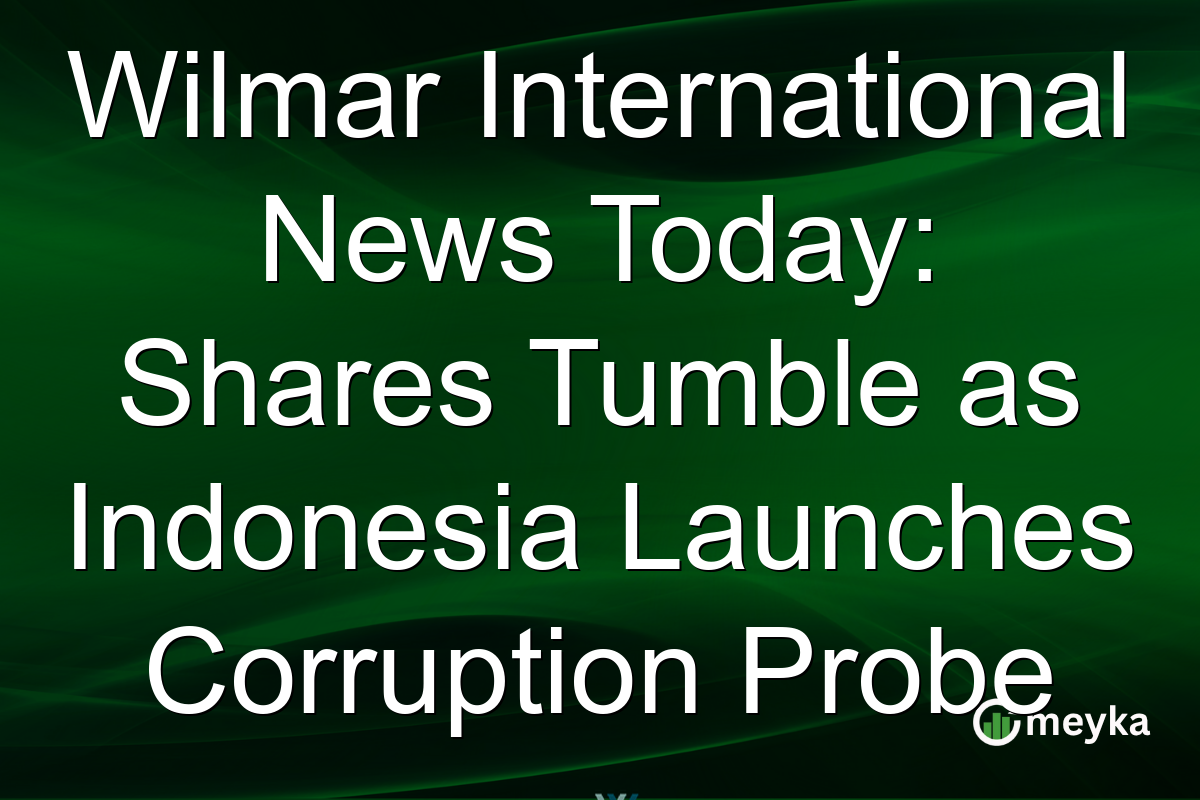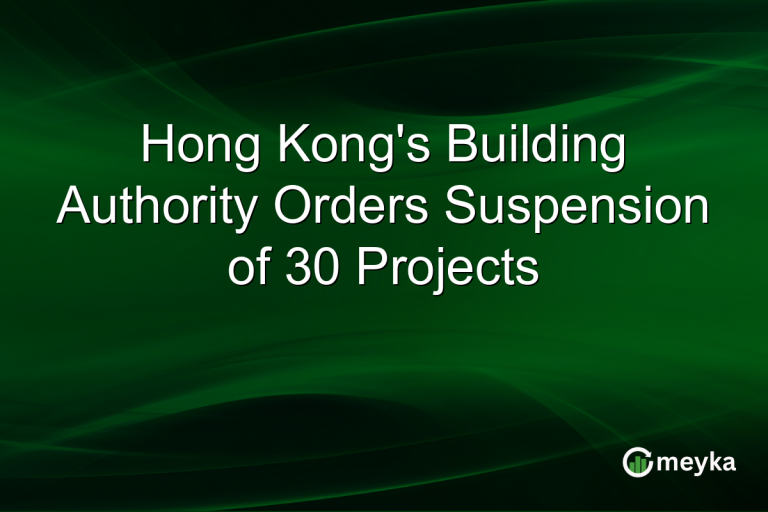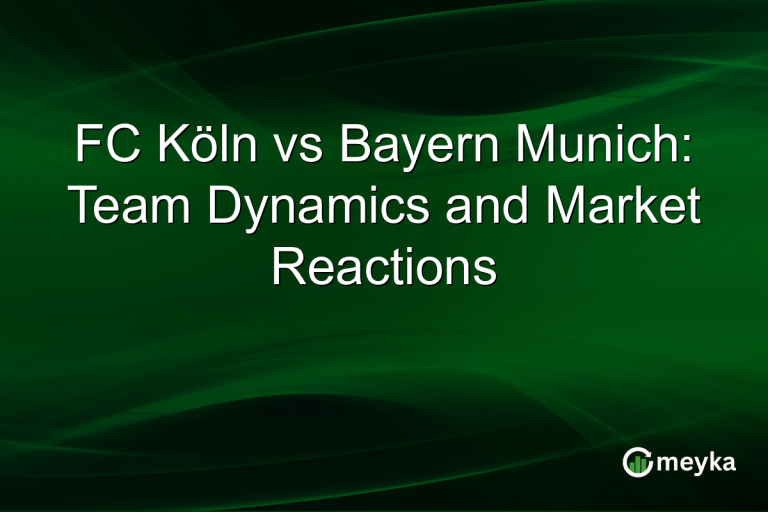Wilmar International News Today: Shares Tumble as Indonesia Launches Corruption Probe
Wilmar International, a prominent player in the agribusiness sector, has found itself under the microscope as Indonesian authorities initiate a significant corruption investigation tied to its palm oil operations. This development has triggered a noticeable decline in Wilmar’s shares, signaling concerns among investors and casting a shadow over environmental, social, and governance (ESG) standards within Southeast Asia’s commodity sector. Focused on Wilmar Indonesia corruption, this article delves into the unfolding scenario and its implications for investors.
Wilmar International Shares Plunge amid Investigation
On September 27, 2025, news broke out about Indonesia launching an anti-corruption investigation targeting Wilmar’s palm oil trading practices. Immediately, F34.SI saw its shares dip by 1.38% to S$2.85, with a day low of S$2.78. The investigation, which links Wilmar to alleged unethical practices, has intensified investor concerns over the company’s governance frameworks. Wilmar’s historical performance had stabilized, yet this probe threatens to alter its future prospects with increased regulatory scrutiny. The impact is felt not just in trading floors but across the broader ASEAN palm oil industry, emphasizing the need for stringent ESG adherence.
The Broader Impact on the Palm Oil Industry
The ASEAN palm oil scandal and its implications extend beyond Wilmar. This sector, historically criticized for environmental challenges, faces renewed calls for reform. Allegations of corruption could lead to stricter regulations and potential fines for companies like Wilmar, affecting their bottom line and investor confidence. The stagnation in Wilmar International shares underlines broader market apprehension, highlighting the interconnectedness of ethical governance and industry viability. Read more on the investigation’s impact.
Investor Reactions and Analyst Views
Investor sentiment towards Wilmar remains cautious. With analyst ratings currently reflecting a “Strong Sell” position for Wilmar’s shares, the market response highlights the anticipated legal and financial ramifications. Wilmar’s recent market cap stands at approximately S$17.8 billion, but the scandal could weigh down its valuation further. Many investors are shifting focus to assess how Wilmar addresses these allegations while maintaining transparency and accountability.
What Lies Ahead for Wilmar?
Facing regulatory scrutiny, Wilmar’s upcoming earnings announcement on February 18, 2026, will be closely watched. It’s a pivotal moment for the company to demonstrate resilient financial health and committed reforms. Analysts suggest a hold strategy amidst the uncertainty, with shareholders hopeful that lessons learned will drive improved governance and operational reforms. Engaging effectively with stakeholders and adapting to enhanced ESG expectations will be crucial for Wilmar’s future stability.
Final Thoughts
The spotlight on Wilmar due to Indonesia’s anti-corruption probe marks a critical juncture for the agribusiness giant. The company is now tasked with addressing serious allegations while reinforcing its commitment to ethical practices. As ESG considerations increasingly influence investment decisions, Wilmar’s response will shape its future and reputation. For investors, following developments closely remains essential in evaluating the risks and opportunities presented by this unfolding situation. Platforms like Meyka, with real-time insights and analytics, offer vital support in navigating such complexities.
FAQs
Wilmar International’s stock recently fell by 1.38%, trading at S$2.85 following Indonesia’s corruption probe into its operations, reflecting market apprehension.
The probe places Wilmar under intense scrutiny, affecting its reputation and potentially leading to stricter regulations and financial implications, impacting investor confidence.
ESG standards are critical as they address environmental, social, and governance practices. The current situation highlights the importance of robust ESG frameworks to prevent financial and reputational damage in the palm oil sector.
Disclaimer:
This is for information only, not financial advice. Always do your research.






